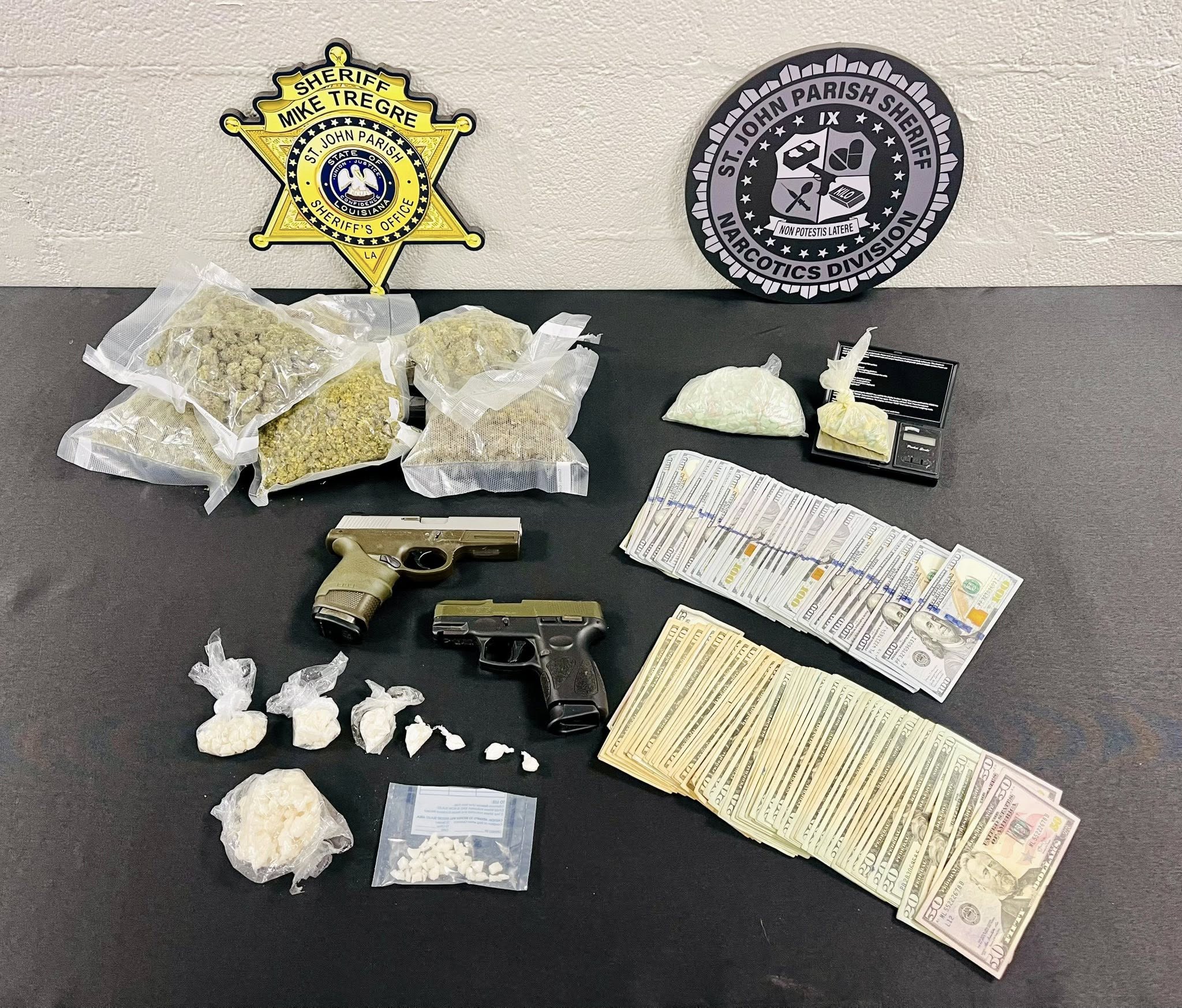Preparing for a hurricane
Published 12:02 am Thursday, May 18, 2023
|
Getting your Trinity Audio player ready...
|
LAPLACE— As the start of Hurricane Season approaches, St. John Parish shared tips on storm preparation.
The first step of preparing for hurricanes is to know your risk. Find out today what types of water and wind hazards could happen where you live. Hurricanes are not just a coastal problem. Impacts from wind and water can be felt hundreds of miles inland, and significant impacts can occur regardless of the storm’s strength. Know the risk for your area, if you live in an evacuation zone, and identify any structural weaknesses in your home.
The next step is to prepare before the weather becomes threatening. Develop an evacuation plan. Assemble disaster supplies such as food, water, batteries, chargers, radio and cash. Get an insurance checkup and document your possessions. Create a communication plan with a hand-written list of contacts. Strengthen your home.
Understand forecast information. Know the difference between a watch and a warning. Think of this in terms of cooking. A watch is when the right ingredients are present that could make a pie. A warning is when the pie is made. Focus on potential impacts regardless of storm size or category. For example, Hurricane Isaac was a category 1, but stalled and caused a great deal of damage to the parish. Be aware that deadly hazards may occur well outside the forecast cone.
Get moving when a storm threatens. Protect your home by covering windows and securing doors and loose items. Determine sheltering options and consider your pets. Ready go-bags, medicines and supplies. Be sure to charge phones and other devices. Fill up or charge vehicles.
Whether you’ve evacuated or are sheltering in place, know what to expect from the hazards you may face. Remain vigilant, stay up-to-date with the latest forecasts and alerts, and continue to listen to local officials.
A key part of hurricane preparedness is understanding the dangers that remain well after a storm. This is not the time to put your guard down. Nearly half of hurricane fatalities occur after the storm. Only return home when directed that it is safe to do so. Hazards such as heat, downed powerlines and floodwaters may still be a concern. Clean up safely and don’t push yourself. Check on neighbors.
Use generators outdoors, 20 or more feet from the structure.
Prepare for the likelihood that help and communications may not be available.
For more information, visit: https://www.noaa.gov/hurricane-prep





